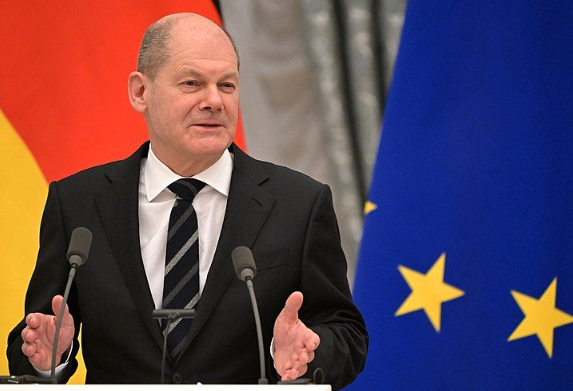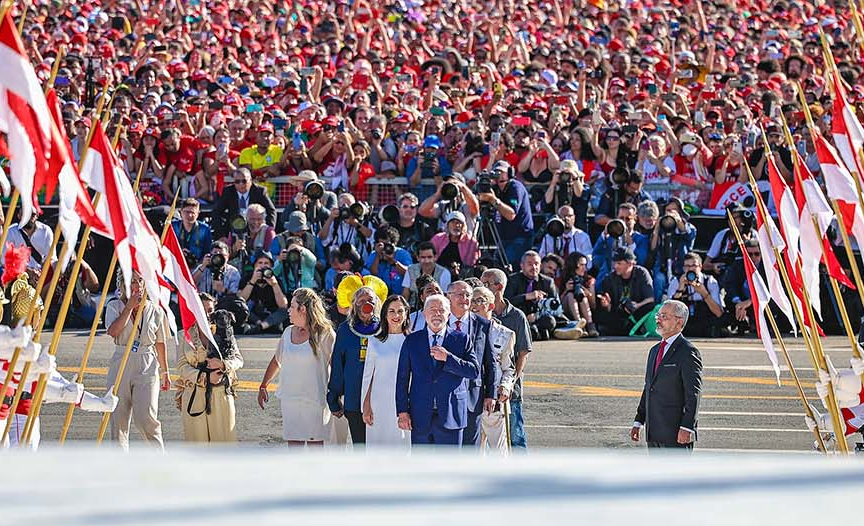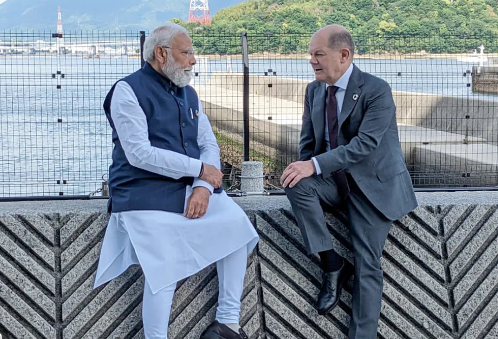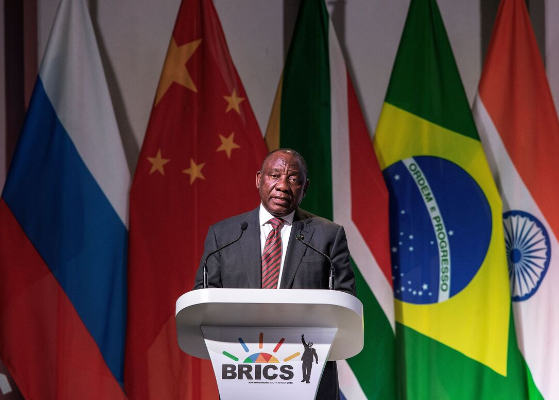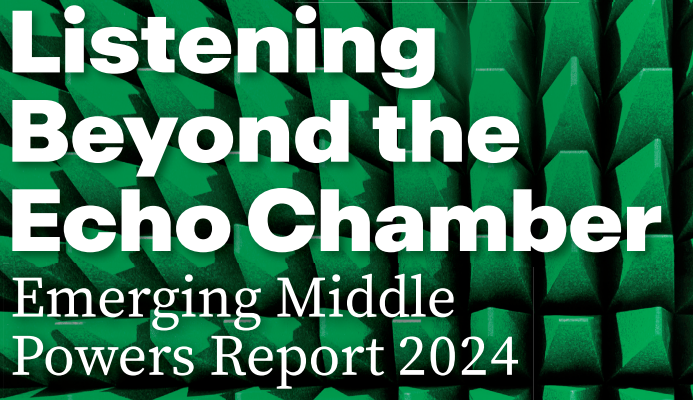Power brings responsibility
Germany wants to find common ground in a multi-aligned world. For such a world to thrive, actors of consequence must take responsibility for shaping and protecting a free international order that is reliable, yet dynamic, for the benefit of all. When it comes to the global commons, there can be no pick-and-choose approach to foreign policy.

